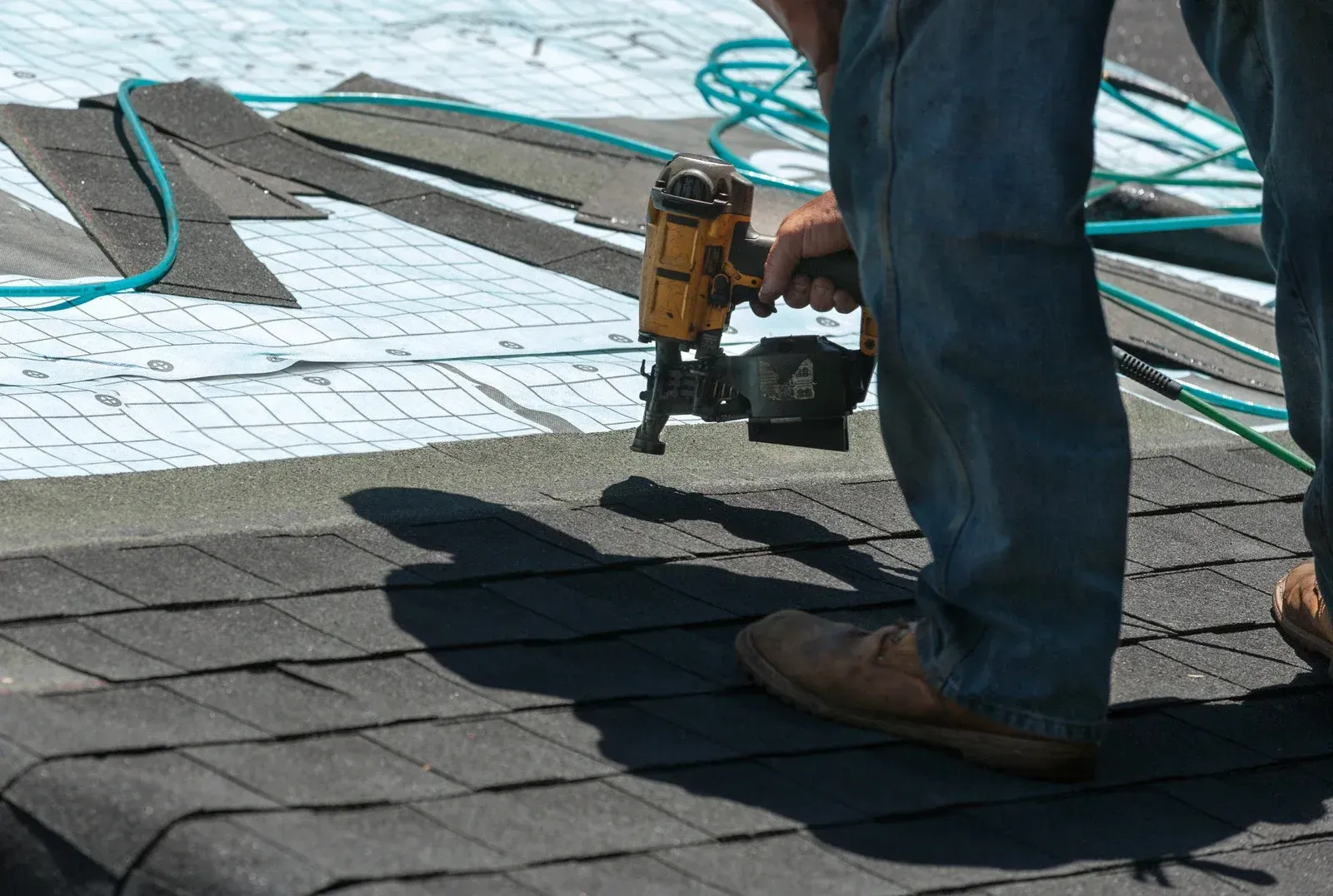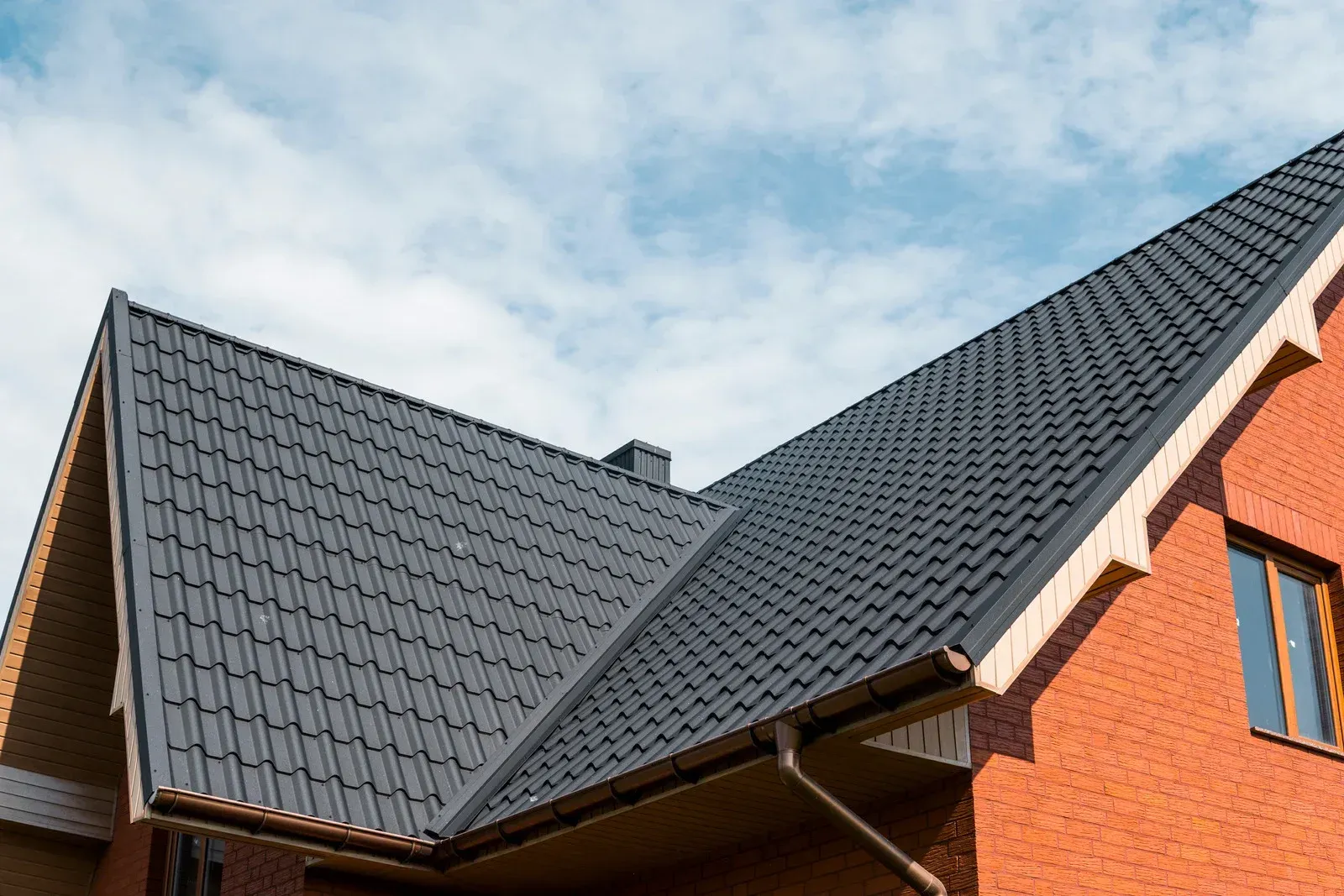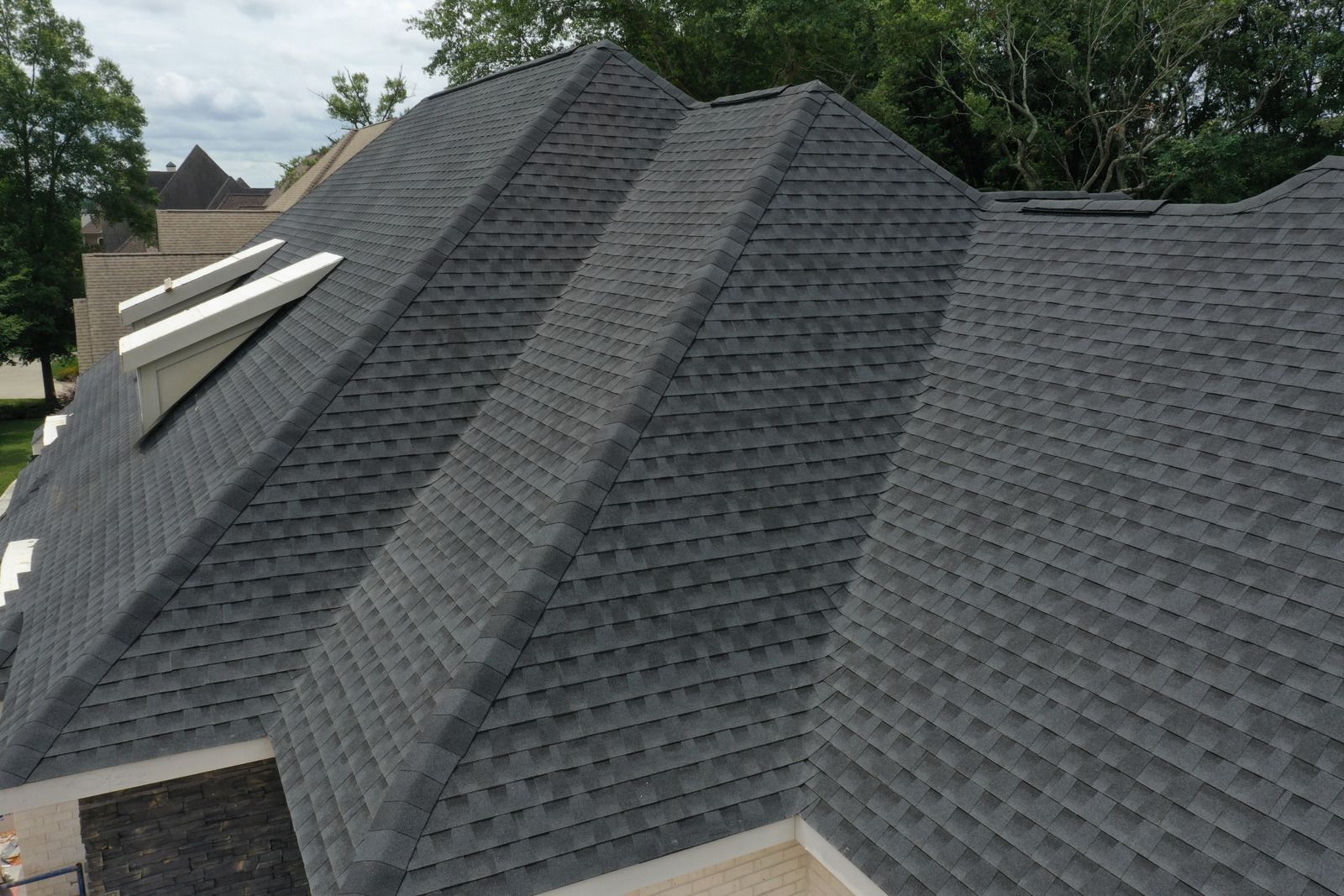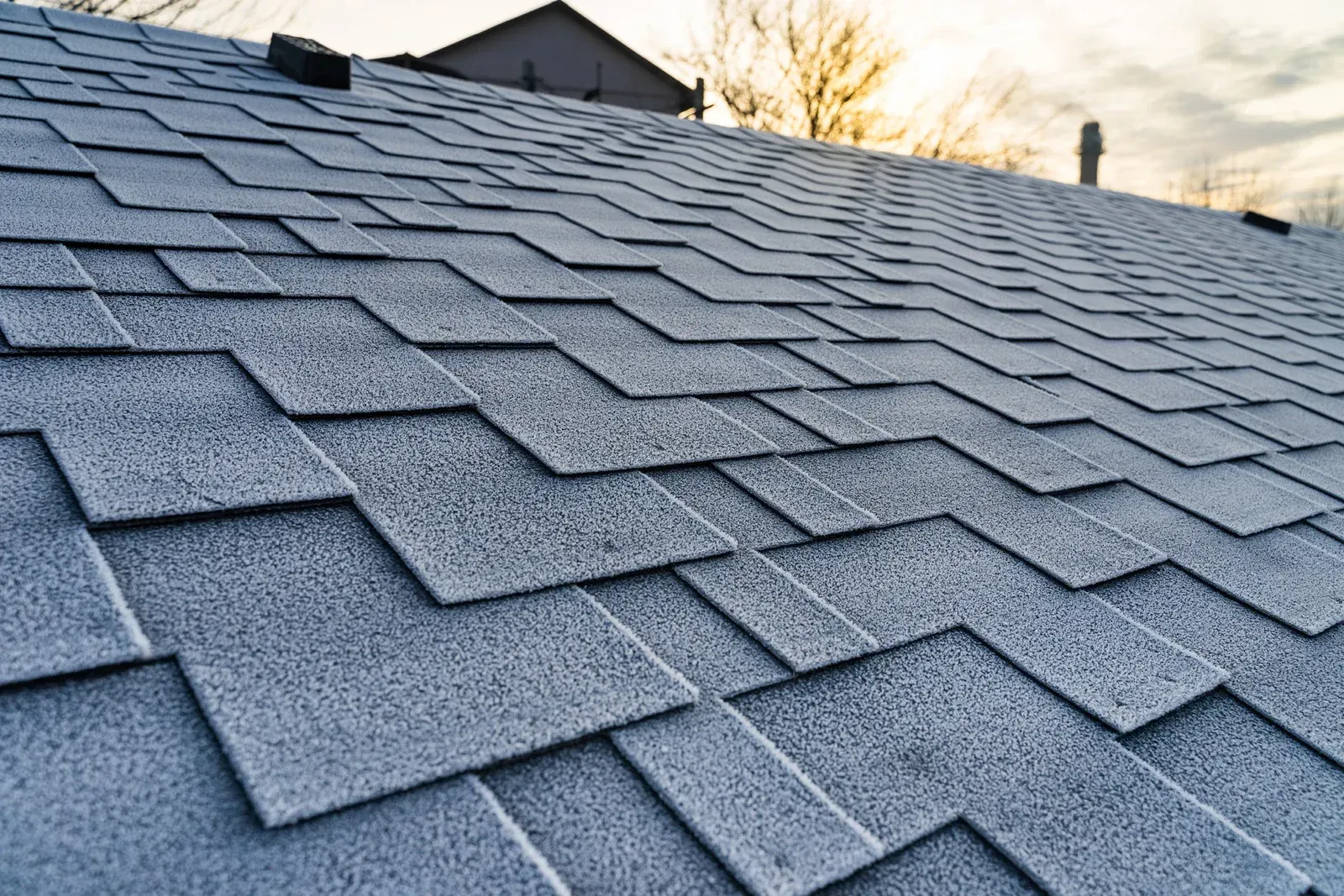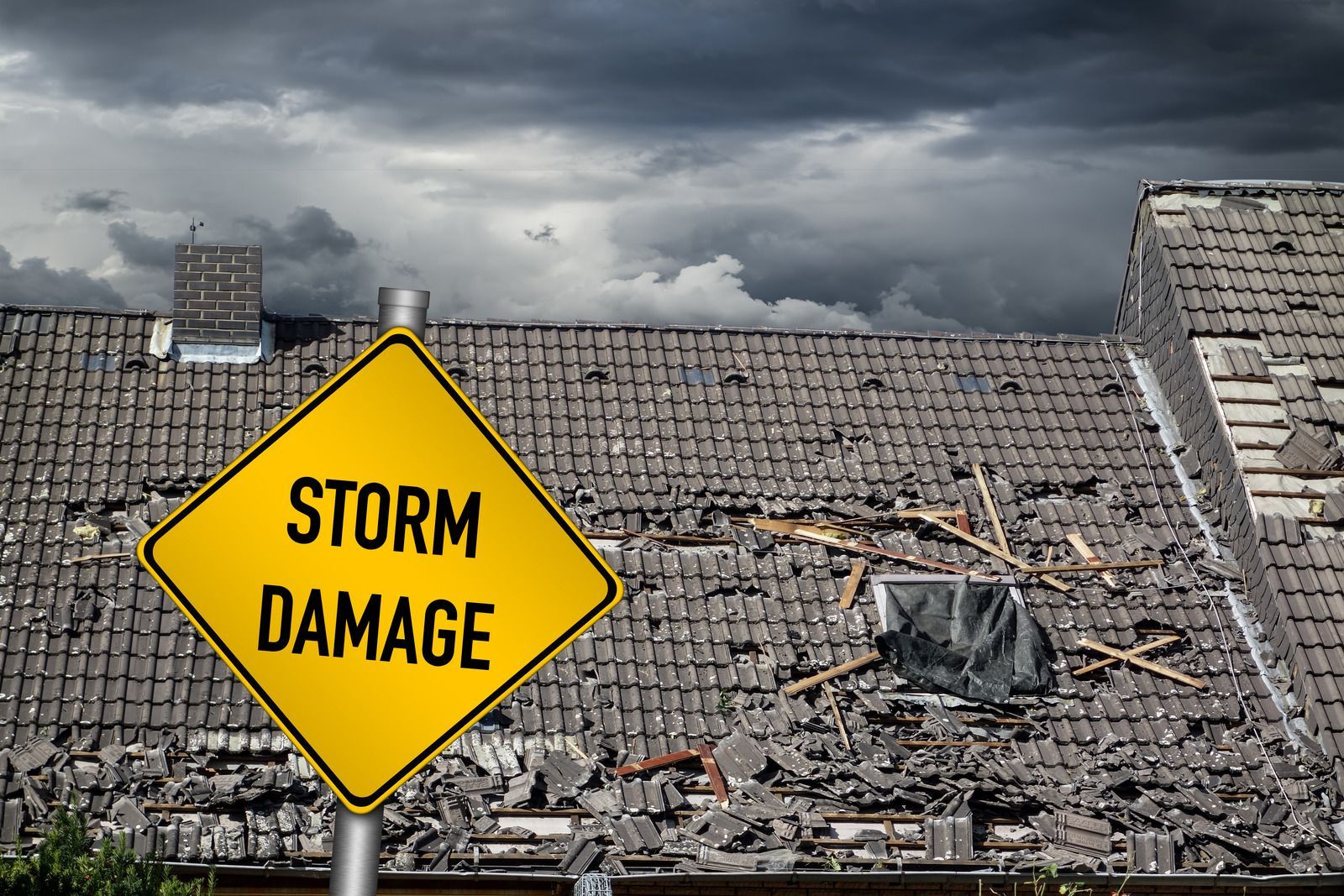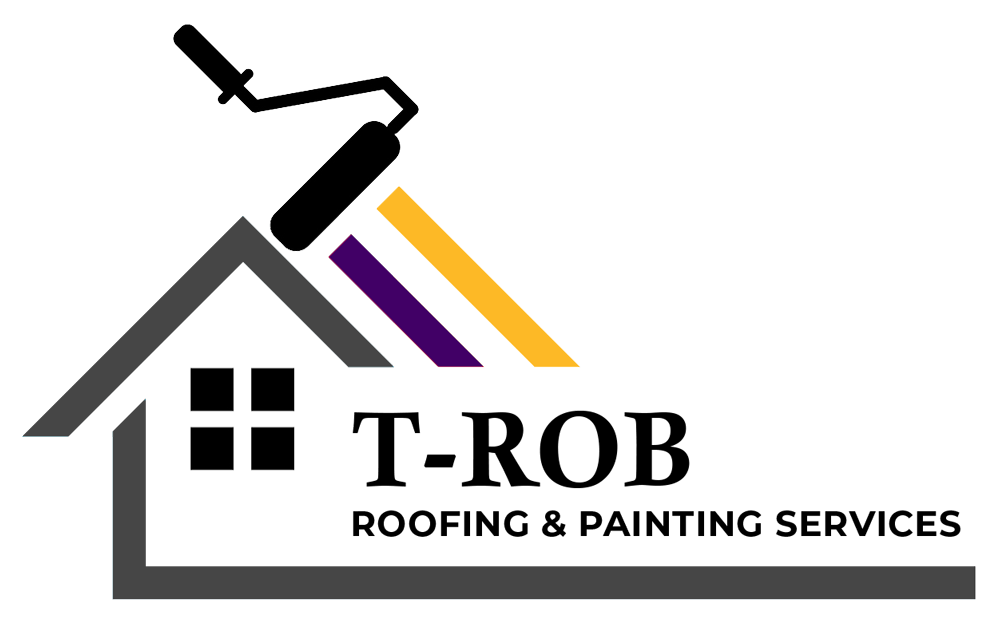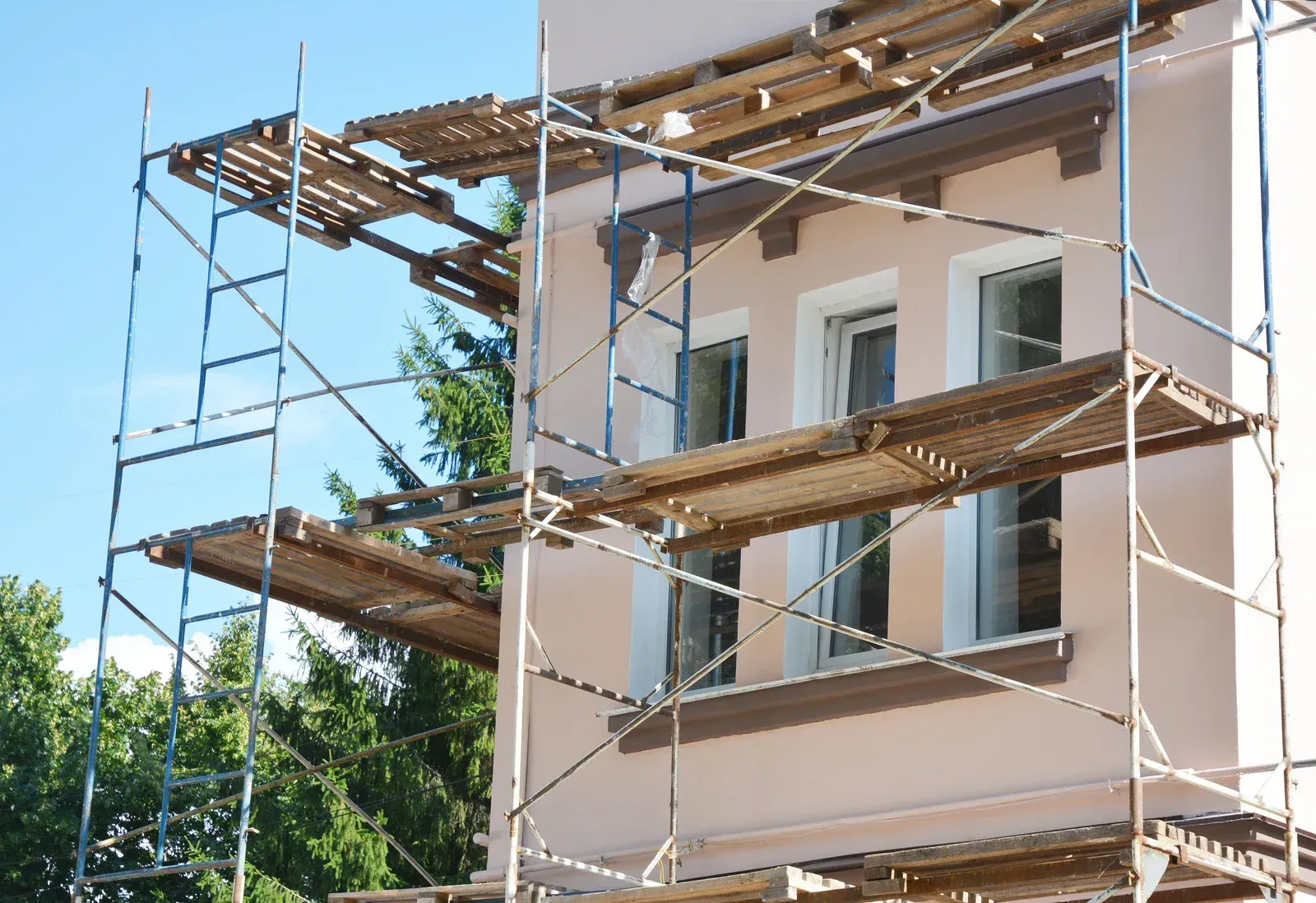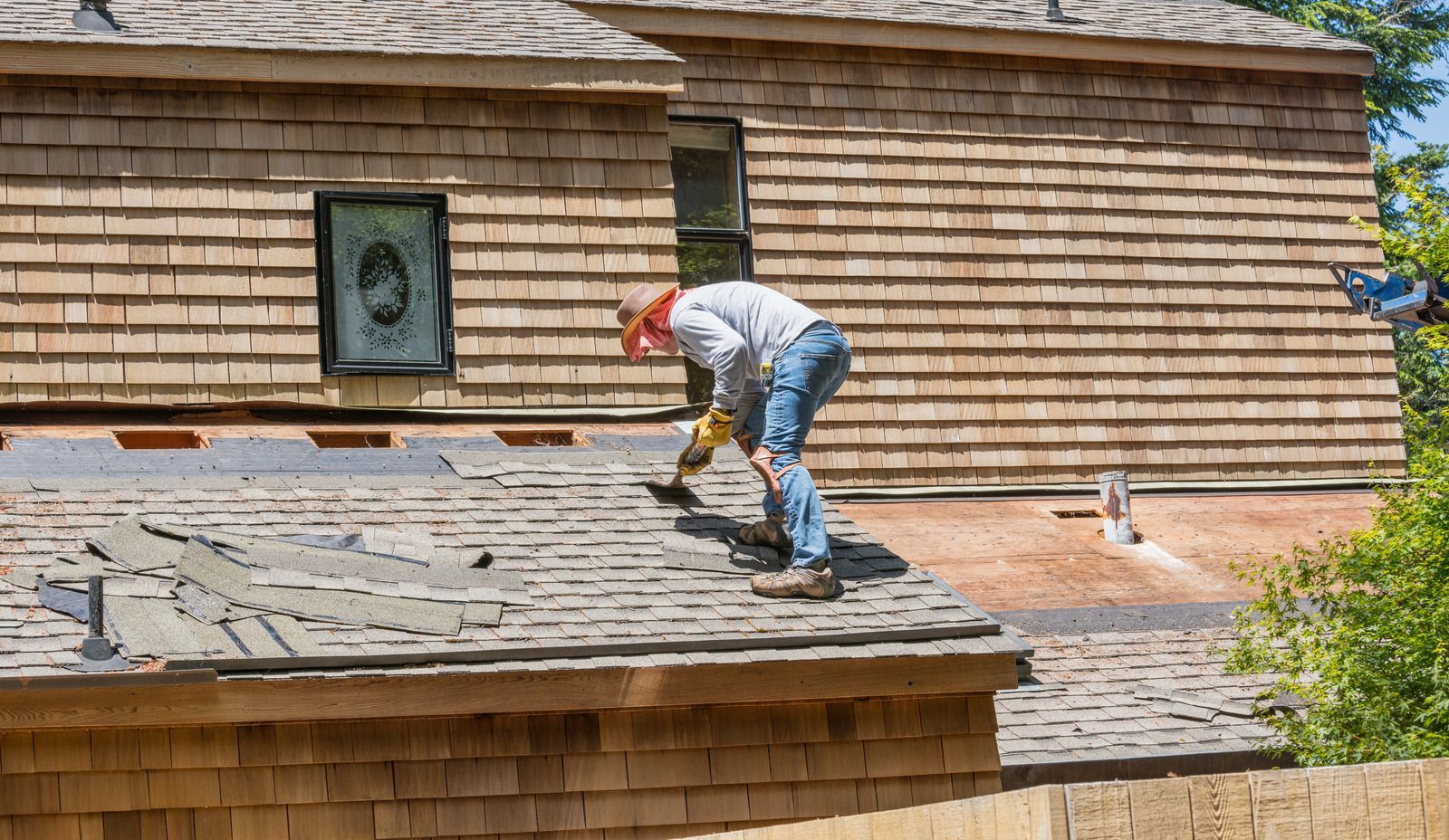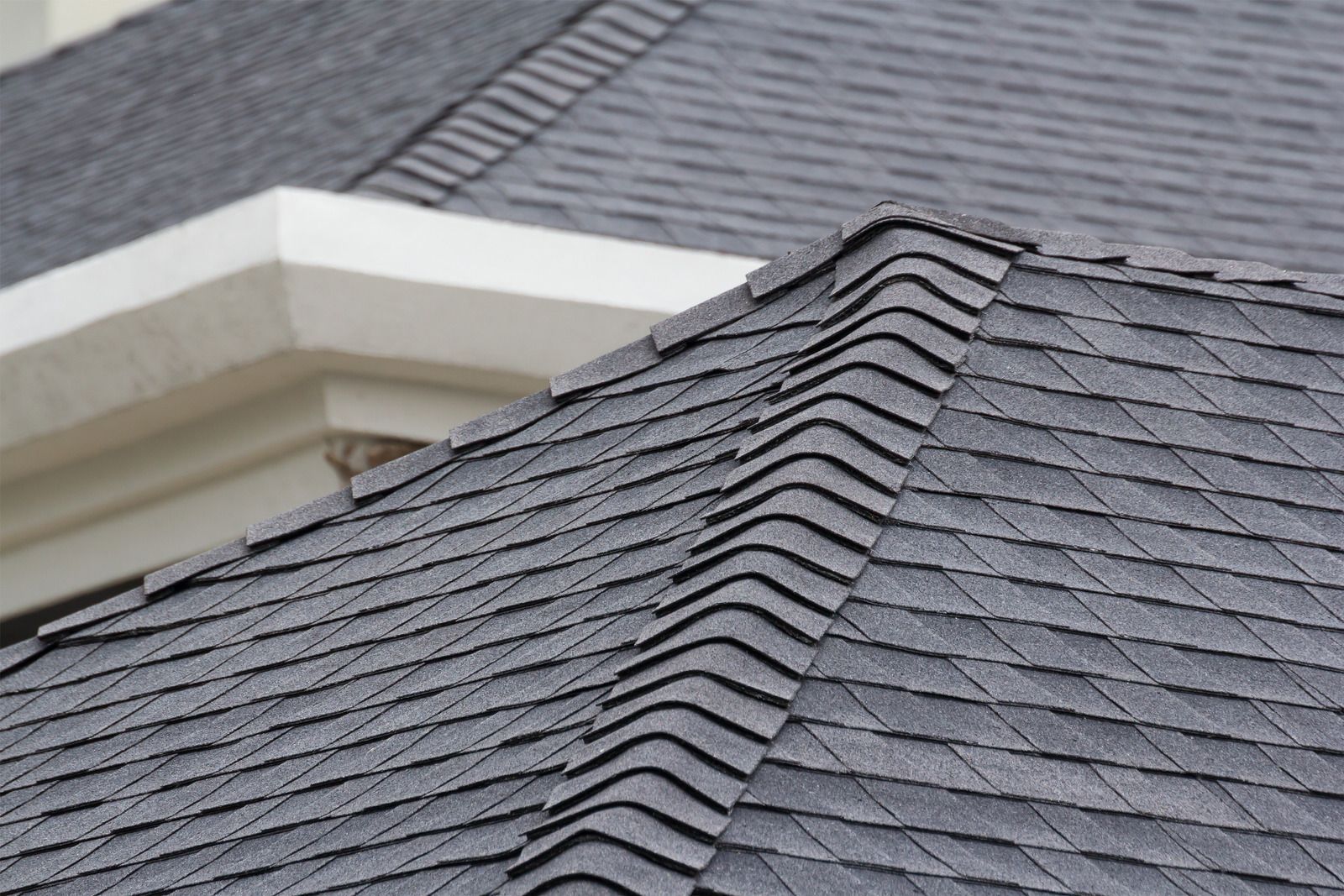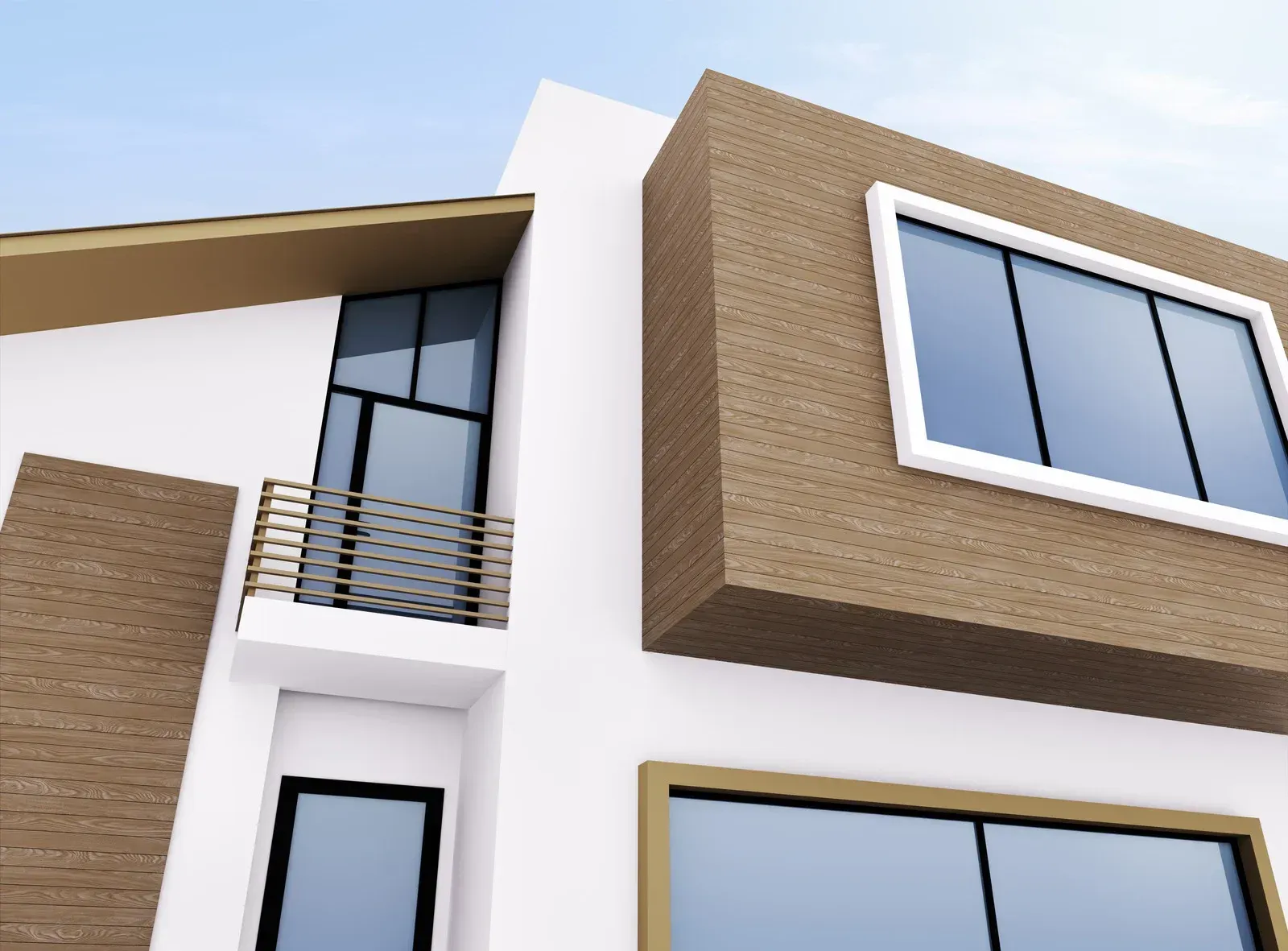What's the Best Option? Re-roofing vs Roof Replacement
The roof over our heads is often taken for granted. But imagine a home without a top or a roof that doesn't do its job of protecting us from the elements. It is unimaginable, isn’t it? It brings us to the fact that taking care of the roof and maintaining it is crucial. Keeping it sturdy and functional will help us remain protected. However, no matter how much you try, roofs can deteriorate, develop leaks, or show signs of wear and tear over time.
When faced with roof-related issues, we often deliberate between two main options: re-roofing and roof replacement. Both options aim to address roofing problems and restore the structure's integrity. And yet- which is the best option for you?
Here will explore the differences between re-roofing and roof replacement and help you determine the best option.
What Is Re-roofing?
Re-roofing, overlay, or roof recovering involves installing new roofing materials over the existing rooftop. This option is generally suitable when the existing roof is in relatively good condition, with minimal damage or structural issues.
Advantages Of Re-roofing
- Re-roofing provides a cost-effective solution, eliminating the need for complete roof removal and reducing labor and material expenses.
- It also requires less time and disruption during installation, making it a convenient choice for many property owners.
Disadvantages of Re-roofing
- Since re-roofing involves adding a new layer over the existing roof, it must address underlying structural problems or issues with the roof deck. It is essential to ascertain that the existing roof is stable and can support the weight of the additional layer.
- Additionally, re-roofing may not be suitable if the existing roof has multiple layers already, as it can exceed the weight-bearing capacity and compromise the structural integrity.
What Is Roof Replacement?
Roof replacement involves completely removing the old roof, followed by installing a brand-new roofing system. This option is ideal when the existing roof has extensive damage, severe leaks, or significant structural issues.
Advantages Of Roof Replacement
- Roof replacement allows for a thorough inspection of the roof deck, enabling any underlying problems to be addressed. It provides an opportunity to upgrade to more durable and energy-efficient materials, enhancing the overall performance and longevity of the roof.
- Roof replacement ensures that all issues are adequately addressed, minimizing the risk of future problems and potentially increasing the value of your property.
The Disadvantage of Roof Replacement
- While roof replacement offers comprehensive solutions, it is a more extensive and costly process compared to re-roofing. It requires more labor, materials, and time and can cause more disruption to your daily activities.
Weigh The Pros And Cons:
Determining the best option for your property depends on several factors.
If your existing roof is relatively new, has minimal damage, and meets the weight requirements for re-roofing, it can be a viable and cost-effective choice. Re-roofing provides a quick fix and extends the lifespan of your roof without the need for a complete replacement. However, if your roof is older, has extensive damage, or requires structural repairs, roof replacement is recommended. It offers a fresh start, enabling you to address all underlying issues and install a new, durable roofing system that will provide long-term protection.
Final Words
Ultimately, consulting with a professional
roofing contractor
is crucial to assess the condition of your roof and determine the most viable course of action. They will evaluate the extent of damage, conduct a thorough inspection, and provide expert advice tailored to your specific needs and budget. Understanding what you need is essential, and only professional guidance will help you make an informed decision and ensure your roof's long-term durability and functionality.
